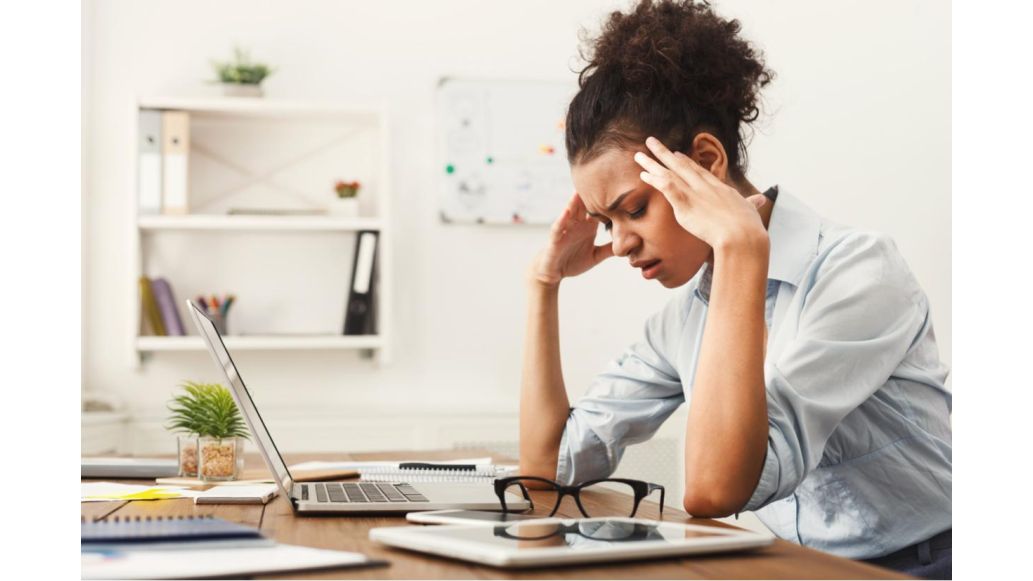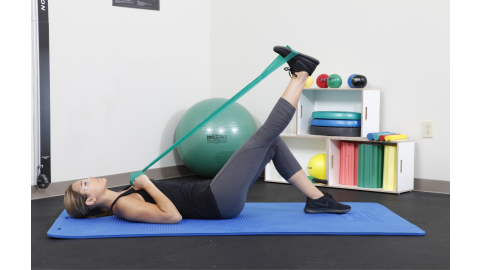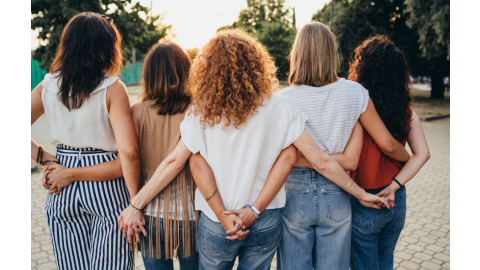For most of us, this pandemic is unlike anything we have lived through. You likely have fallen in and out of new routines a few times for the past six months, and your mental health has likely wavered as well. It is important to talk to a professional if you feel overwhelmed by your mental health. Here are six additional practices to live as best you can during this pandemic.
6 Ways to Cope with Stress
1. Stretch and Exercise
Make sure you are taking care of your body. Try to carve out at least 30 minutes a day for stretching, a brisk walk, or higher intensity workouts. If you feel comfortable being able to exercise outside while remaining socially distant, the fresh air and sun will do your body and mind good. If you’re looking for ideas, try these resistance band exercises or a fun deck of cards workout!
2. Make Time to Unwind
Don’t forget about your old hobbies and activities. But, if you’re tired of diving into your adult coloring book for the eighteenth day in a row, try something new! Writing, drawing, and embroidering are inexpensive activities to pick up.
3. Prioritize Sleep
More people than ever are working from home. If you are one of these people, you may be tempted to utilize the time saved from the commute to pack more into your day. Everyone’s routine is different, but make sure you are also using that extra time, either in the morning or at night, to get a full night's rest. Aim for 8 hours of sleep per night! If back pain makes sleep difficult, find out how a pillow can help reduce your pain and let you get the sleep you need. Or explore how essential oils can help you relax before bed.
4. Connect with Community
We’re all tired of the weekly Zoom catchups, but the human interaction is still needed. It may be time to FaceTime that friend you have been meaning to reach out to for a year, or start a book club with your family. Try thinking of creative ways that organizations in which you belong can still be active through the distance. If you have the space to do it safely, invite a friend or two on a socially distanced picnic.
5. Eat Well Balanced Meals
The pandemic has forced people to eat out less. While this may be a downer on many people’s social life, this is an opportunity to improve one’s diet (and budget). A quick Google search will result in a plethora of easy, healthy, and inexpensive recipes. You may also find that the act of cooking eases your mind and sparks creativity. Check out these five super foods you can add to your diet.
6. Take Breaks from the News
While staying informed is important, it is easy to get bogged down by the continuous onslaught of the news. Try to find a balance between being up to date daily and taking breaks from the never-ending news cycle. This may include taking certain amounts of time off social media as well.
If any or all of these suggestions worked well for you, be sure to share them with loved ones and promote open and honest conversations about mental health.
References
- Centers for Disease Control and Prevention. (2020, July 1). Coping with Stress. CDC. Retrieved from https://bit.ly/2Tgu5xh
Medical Disclaimer: The information provided on this site, including text, graphics, images and other material, are for informational purposes only and are not intended to substitute for professional medical advice, diagnosis or treatment. Always seek the advice of your physician or other healthcare professional with any questions or concerns you may have regarding your condition.








 France
France Australia
Australia





